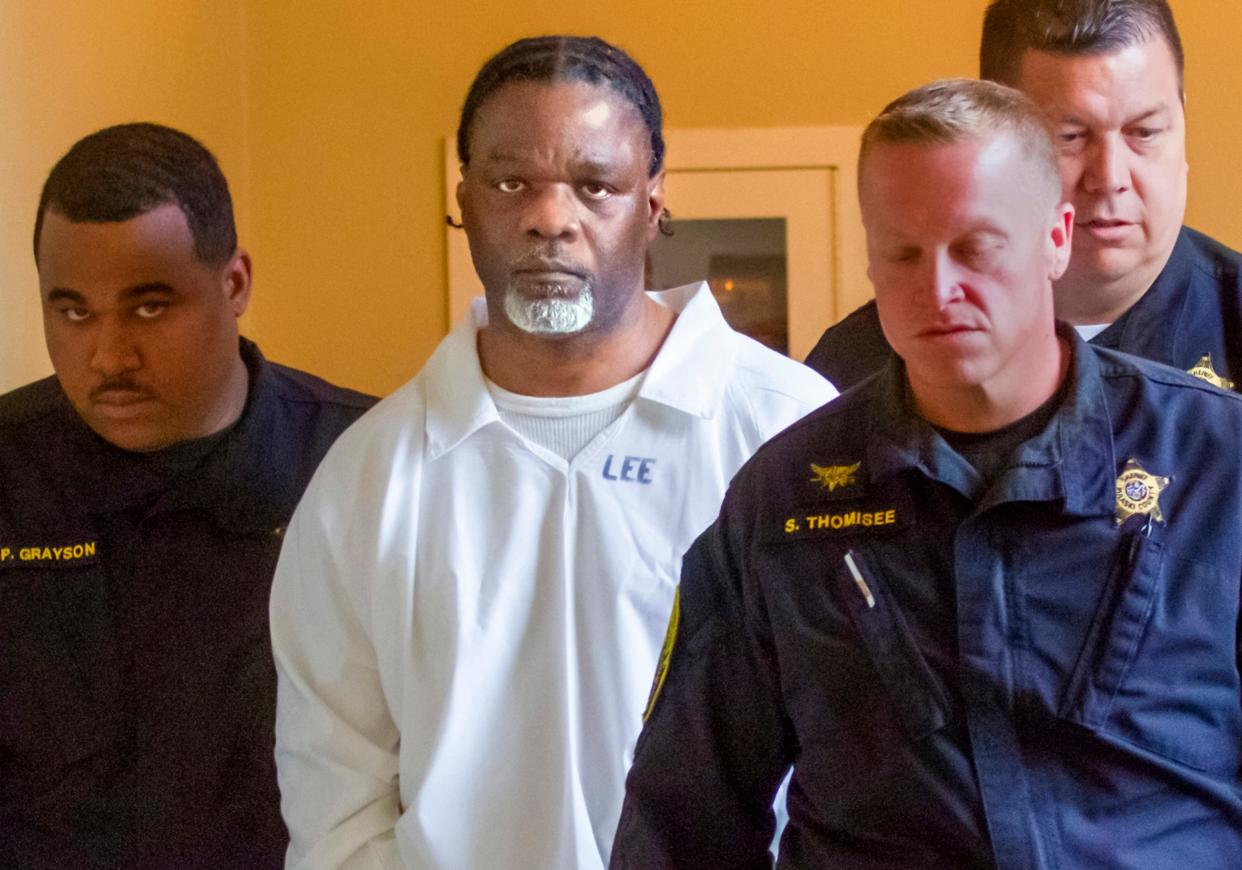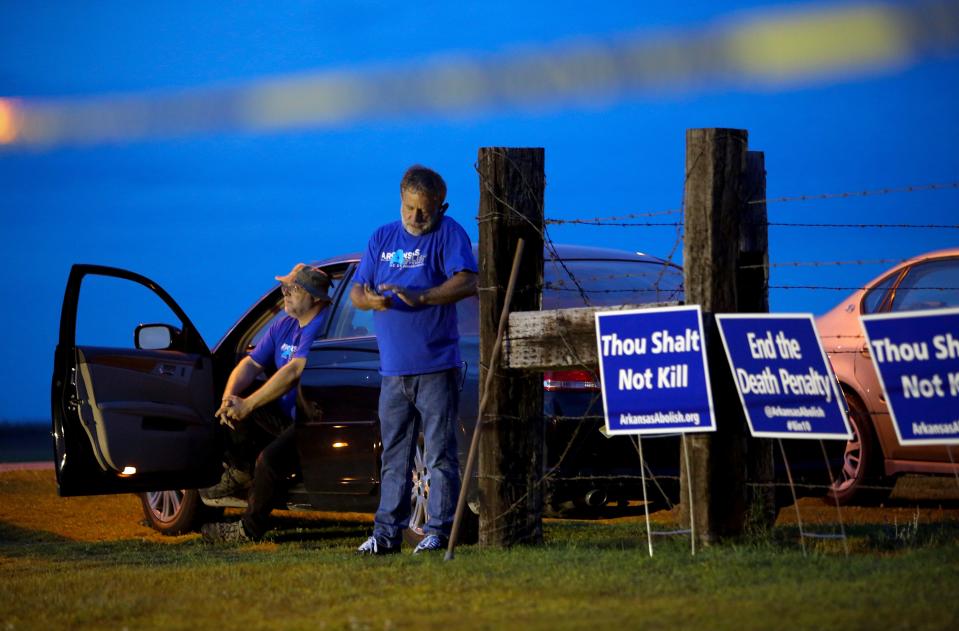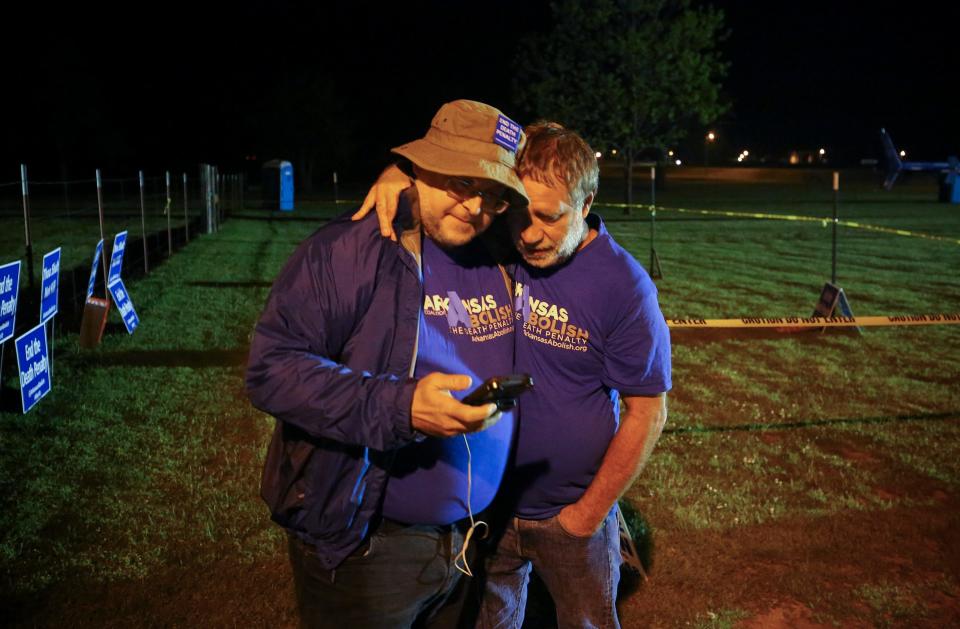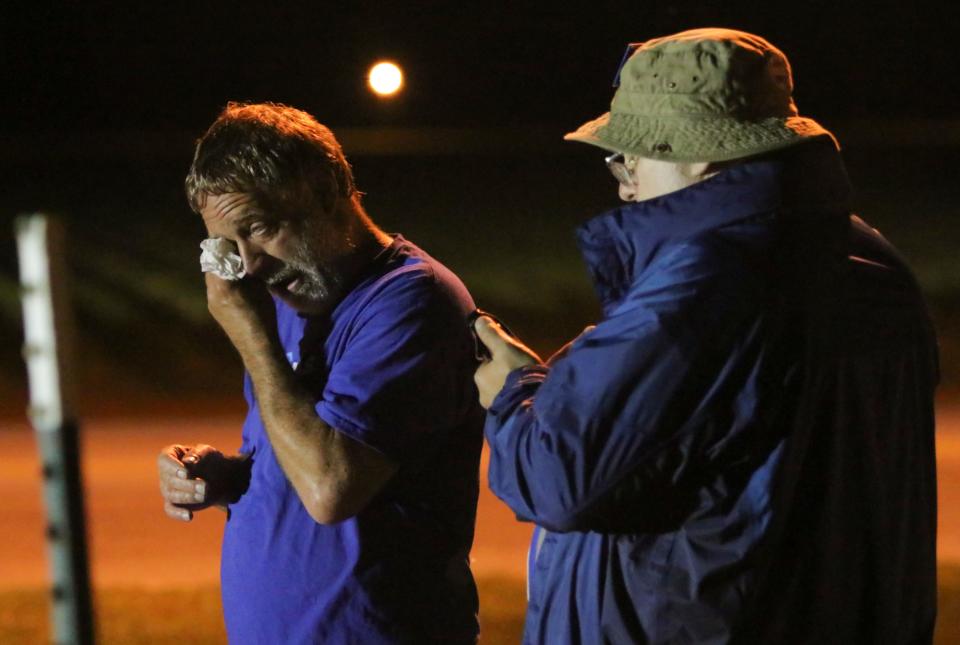Arkansas executes Ledell Lee in first lethal injection case for 12 years

Arkansas has carried out the death penalty for the first time in 12 years and plans to execute three more people this coming week, as it bids to rush through a spate of lethal injections before the required drugs pass their use by date.
Ledell Lee, 51, was the first to be put to death out of the group of eight men that Arkansas originally planned to execute within a span of 11 days.
The eight executions would have been the most by a state in such a compressed period since the US Supreme Court reinstated the death penalty in 1976.
And the rapid pace of the executions sparked a flurry of legal challenges – three executions were cancelled because of court decisions, and court rulings have put at least one other in doubt.

Lee’s case was taken to the Supreme Court, and ultimately decided by Judge Neil Gorsuch in his first recorded vote in the court. Mr Gorsuch, nominated by President Donald Trump, only began work at the Supreme Court on Monday and cast the deciding vote in a 5-4 decision.
The Court’s decision was challenged by one of Mr Gorsuch’s colleagues, Judge Stephen Breyer.
“The apparent reason has nothing to do with the heinousness of their crimes or with the presence (or absence) of mitigating behaviour,” wrote Mr Breyer.
“It has nothing to do with their mental state. It has nothing to do with the need for speedy punishment. Four have been on death row for over 20 years. All have been housed in solitary confinement for at least 10 years.
“Apparently the reason the State decided to proceed with these eight executions is that the ‘use by’ date of the State’s execution drug is about to expire.
“In my view, that factor, when considered as a determining factor separating those who live from those who die, is close to random.”
US states with the death penalty
Lee, convicted and sentenced to death for beating Debra Reese to death with a tyre iron in 1993, protested his innocence until the day of his death.
He implored Arkansas to let him take a DNA test and compare the results to DNA collected at the scene of the murder he allegedly committed, but the state refused.
He also presented evidence that his court-appointed lawyer provided ineffective assistance of counsel, being so drunk he slurred his words, and that the presiding judge lacked neutrality: at the time, the judge was having an undisclosed affair with the assistant prosecutor, who he later married.

“Today is a shameful day for Arkansas, which is callously rushing the judicial process by treating human beings as though they have a sell-by date,” said Amnesty International in a statement.
“Arkansas is running in the opposite direction from progress. This assembly line of executions must stop, and this cruel and inhuman punishment should be ended once and for all.”
Lee made no final statement, before he received the cocktail of three drugs at 11:45pm – one to sedate him, one to stop his breathing, and the other to stop his heart.
One of the drugs in the Arkansas mix, the sedative midazolam, had been used in flawed executions in Oklahoma and Arizona, where witnesses said the inmates appeared to twist in pain on death-chamber gurneys.
And the makers of the potassium chloride that is used to stop heartbeats wrote to the Arkansas prison director Wendy Kelley in July, insisting that the drug should not be used in executions as their company is not licenced to sell drugs for lethal injections.
Another company, drug distributor McKesson Corp, took legal action against the prison department accusing them of misleading the company when buying a drug which they insisted would be only used for medical purposes.

But Arkansas officials cast the execution as a milestone.
“Tonight, the lawful sentence of a jury which has been upheld by the courts through decades of challenges has been carried out,” the Arkansas attorney general, Leslie Rutledge, said in a statement.
“The family of the late Debra Reese, who was brutally murdered with a tire thumper after being targeted because she was home alone, has waited more than 24 years to see justice done.
“I pray this lawful execution helps bring closure for the Reese family.”

 Yahoo News
Yahoo News 
